The Legal Challenges Facing the E-Sports Industry
18 February 2025
Over the last decade, the e-sports industry has skyrocketed from niche gaming tournaments to a billion-dollar global phenomenon. It’s like watching a rocket launch—a slow build-up, an explosive rise, but now we’re hitting the turbulent layers of the atmosphere. While the industry continues to grow at breakneck speed, it’s running into a lot of legal turbulence that could shake things up for players, organizations, and even fans.
If you’re like me and you’ve been keeping an eye on the e-sports scene, you’ve probably noticed that it’s not just fun and games anymore. Legal issues are cropping up everywhere, and they’re starting to feel like boss battles that nobody is fully equipped to handle. Let’s dive into some of the top legal challenges facing the e-sports industry today and figure out why they’re such a big deal.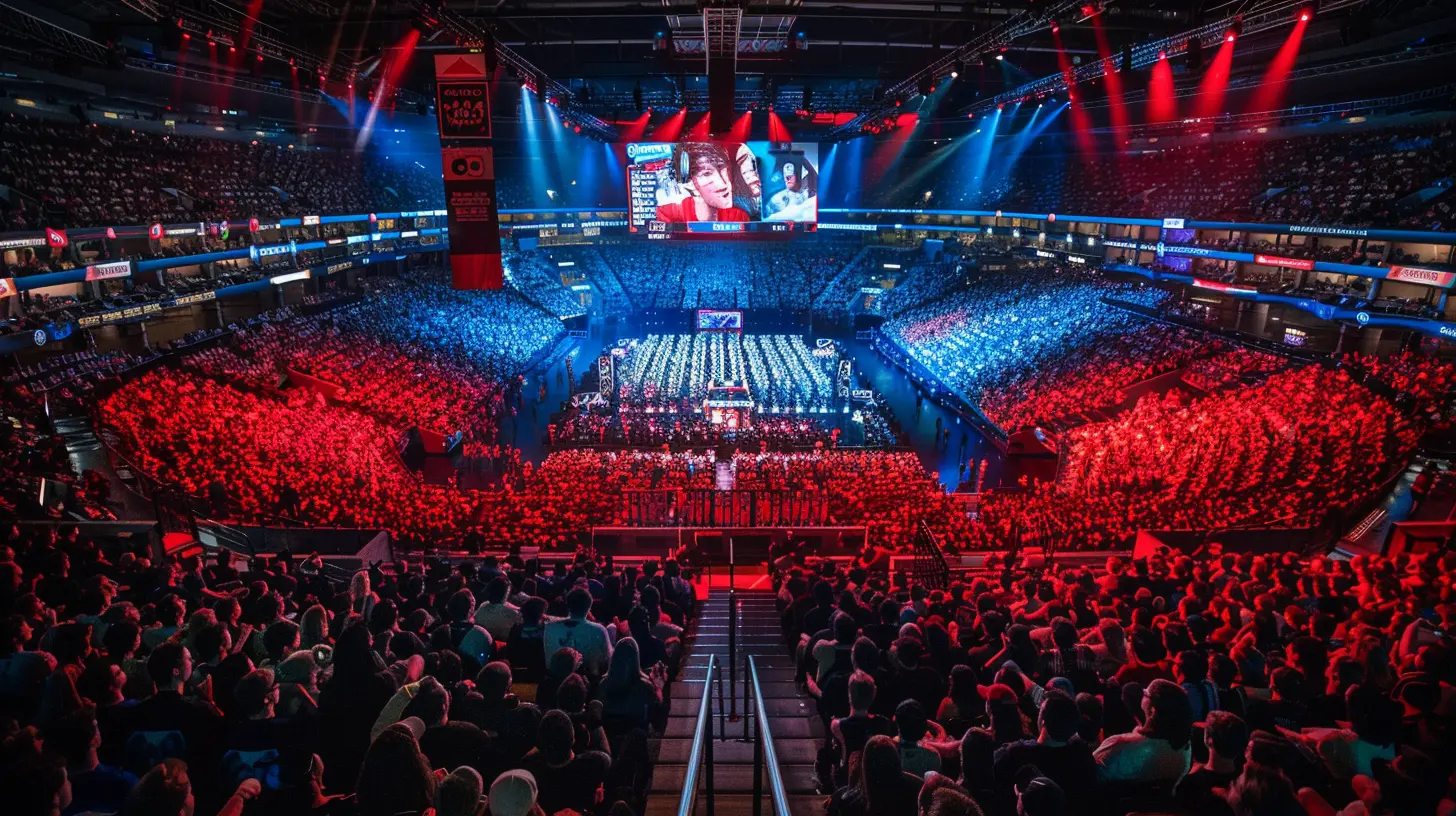
The Wild West of Contracts
Imagine signing a contract that feels more like agreeing to the terms and conditions of a shady app. That’s what a lot of e-sports players are dealing with. Player contracts are one of the most contentious issues in the industry right now, and let me tell you, it’s messy.Many young players enter the scene full of passion but with little understanding of what they’re signing up for. They’re often asked to sign contracts that are overly restrictive or ridiculously one-sided. Think about it—how many 17-year-olds really have the experience or resources to negotiate terms with a multi-million-dollar organization?
These contracts can include everything from revenue splits, playing time requirements, and even restrictions on what players can say or do online. For example, some orgs take an unfairly large cut of prize money, sponsorships, or streaming revenues. It’s like working hard for your loot in a game, only to have it snatched away by someone else.
To make matters worse, there’s no standardized set of contract laws or regulations for e-sports. In traditional sports, athletes have unions to back them up and collective bargaining to ensure fair treatment. E-sports? Not so much. Sure, we’ve seen some progress with players’ associations forming for games like League of Legends, but these are still in their infancy. It’s like building a sandcastle while the tide’s coming in—there’s a long way to go.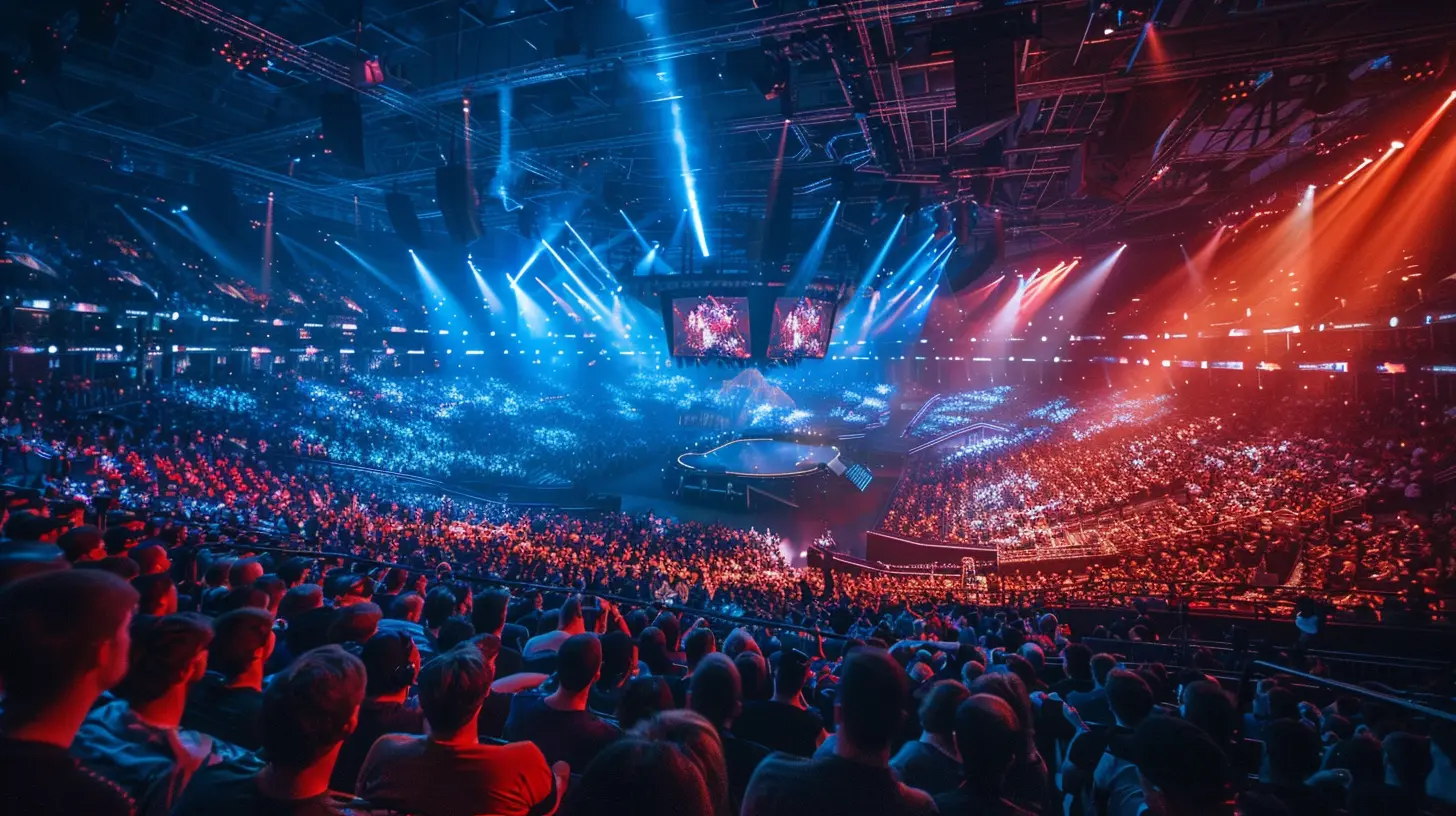
Copyright and Intellectual Property (IP) Rights
Here’s a curveball: E-sports as an industry doesn’t own the rights to the games it’s built upon. Sounds weird, right? Imagine the NFL not owning the rights to football. In e-sports, game publishers are the gatekeepers of everything.Games like Fortnite, Overwatch, and Counter-Strike are intellectual properties owned by their respective publishers, which means these companies hold all the cards. They can dictate how their games are used in tournaments, who gets to host these events, and even how content is streamed online.
This creates some sticky situations. For example, a publisher might decide to shut down a tournament because it doesn’t align with their brand image. Or they could introduce licensing fees that make it harder for independent organizers to survive. It’s like being a tavern owner in a fantasy RPG who suddenly has to pay extra to serve ale because the brewery changed its mind.
On top of that, streamers and content creators face their own set of challenges. Publishers can issue copyright strikes for using gameplay footage without proper permission. This creates a constant game of cat-and-mouse, with content creators walking a tightrope to avoid penalties.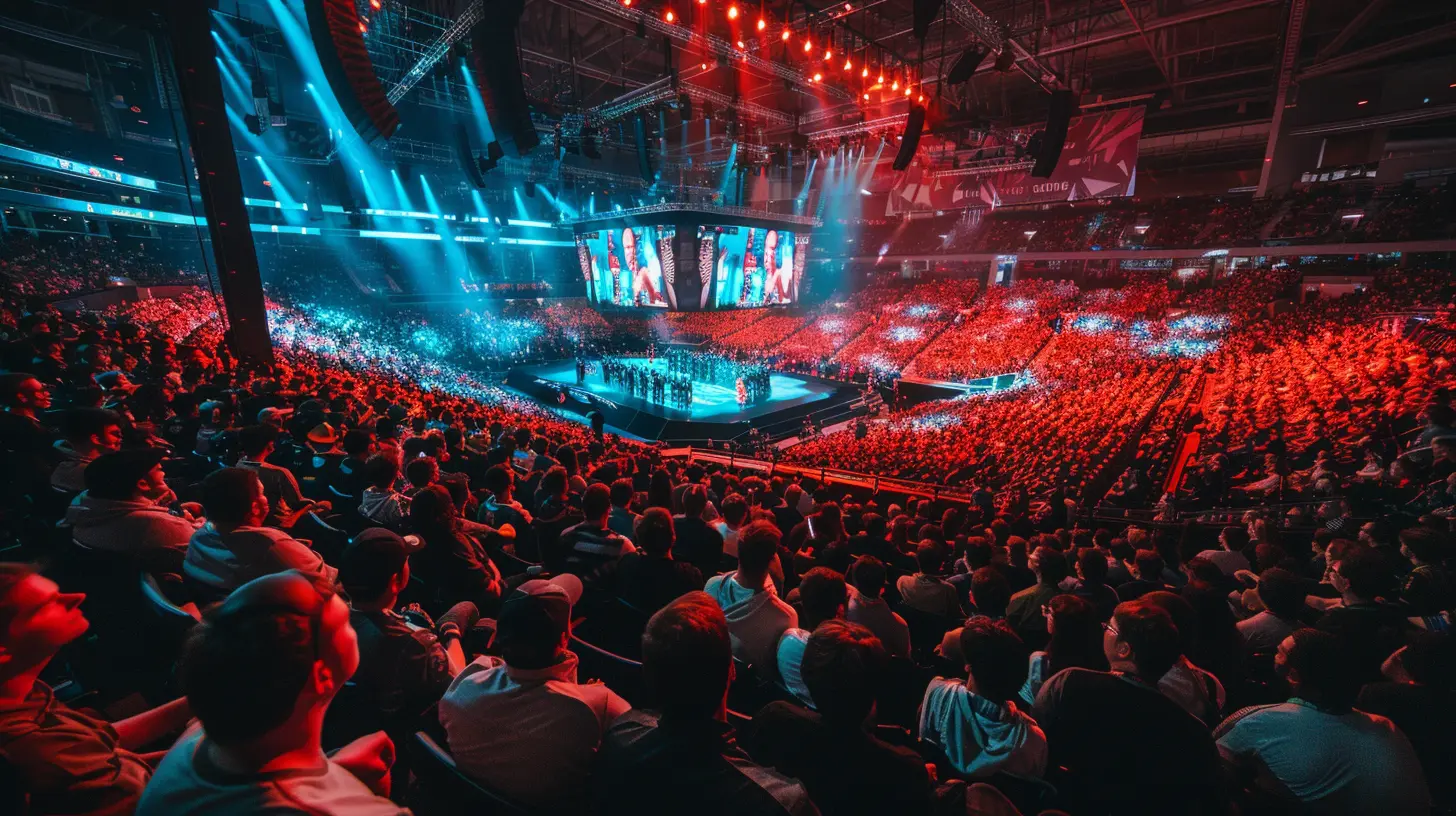
Cheating and Match-Fixing
If you’ve ever played an online game, you know cheating is like that annoying mosquito that you just can’t swat away. But in e-sports, the stakes are much higher. Cheating and match-fixing are two of the most serious legal and ethical issues that the industry faces.Let’s talk about match-fixing first. In some cases, players or teams tamper with match outcomes for financial gain, often through illegal betting syndicates. This kind of thing undermines the entire spirit of competition. Imagine watching a soccer game only to find out later that it was rigged—it’d feel like a betrayal, right?
Cheating in e-sports can take many forms, from using aim-assist tools to exploiting game bugs. And while game publishers and tournament organizers are investing in anti-cheat technologies, it’s a constant arms race. The cheats are getting more sophisticated, and catching every single offender is like trying to catch water in your hands—it just keeps slipping through the cracks.
The legal implications are massive. Governments in some regions, like South Korea, have cracked down hard on match-fixing with criminal penalties. However, not all countries enforce such strict measures, which creates an uneven playing field globally.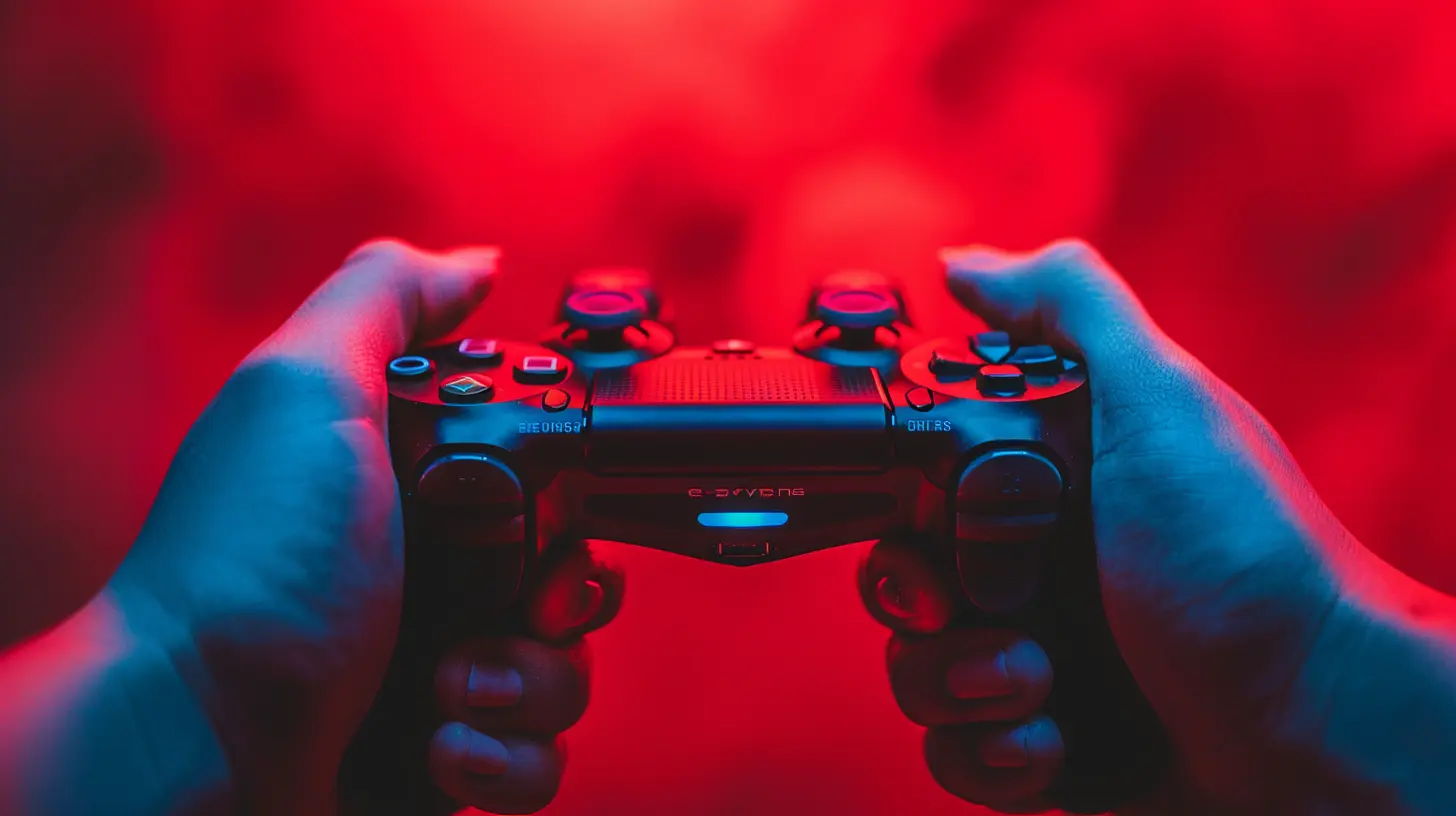
Gambling and Underage Betting
Let’s be honest: Gambling and e-sports go together like peanut butter and jelly—except one of them is a bit more dangerous. The rise of skin betting and e-sports gambling platforms has raised a bunch of legal red flags.For the uninitiated, "skin betting" involves wagering virtual items, like weapon skins in games such as CS:GO, on match outcomes. These items have real-world value, and entire black markets have sprung up around them. Sounds cool, right? Not so fast.
A big problem here is underage gambling. Since the majority of e-sports fans are younger, it’s alarmingly easy for kids to get involved in betting without understanding the risks. Picture an 11-year-old losing hundreds of dollars worth of in-game items that they begged their parents to buy. Not a great look for the industry.
Governments are starting to step in, but regulation isn’t consistent across the board. Some countries have outright banned these practices, while others are still trying to wrap their heads around how to regulate digital assets.
Player Health and Well-being
Yes, this might sound more like a sports medicine issue, but trust me, there are legal challenges tied to it. E-sports players often face grueling schedules, long practice hours, and immense pressure to perform. Think of it like running a marathon every single day while someone constantly yells at you to go faster.Burnout, mental health struggles, and repetitive strain injuries are all too common in the industry. Yet, many organizations don’t have proper systems in place to ensure player welfare.
Here’s where the legal side comes in: Should teams be held liable if players’ health suffers due to poor working conditions? Are there laws or regulations that govern the minimum requirements for player safety? Right now, the answers to these questions are murky at best.
Diversity and Inclusion
Let’s face it: E-sports has a diversity problem. When was the last time you watched a major e-sports tournament and saw a balance of genders or ethnicities? Probably never.Gender discrimination, harassment, and lack of representation are huge issues that the industry is still grappling with. Female players and content creators often report toxic environments, both online and offline. And while some organizations are making strides to promote inclusivity, progress is slow.
Legally speaking, there’s increasing pressure to enforce anti-discrimination policies. Organizations could face lawsuits if they fail to create safe and inclusive environments. It’s a bit like cleaning up a messy room—you know it has to be done, but it’s going to take a lot of effort and time.
Global Jurisdictional Challenges
This one is a bit of a mouthful, but hear me out—it’s important. E-sports is a global phenomenon, but the laws governing it vary wildly depending on where you are.Take something as simple as labor laws. In one country, a player might be classified as an employee with benefits, while in another, they’re considered an independent contractor with no safety net. Tax laws, visa requirements, and even intellectual property laws differ from one nation to the next.
This inconsistency creates a nightmare for teams, players, and tournament organizers trying to operate globally. It’s like trying to play a game of Monopoly where every player is using their own rulebook.
Where Do We Go From Here?
The legal challenges in e-sports aren’t going away anytime soon. In fact, they’re likely to get even more complicated as the industry continues to grow. The good news? People are starting to take these issues seriously.Organizations are bringing in legal experts. Governments are beginning to set regulations. Players are becoming more aware of their rights. It’s a slow grind, but hey, even in games, leveling up takes time, right?
What’s clear is that the e-sports industry needs to mature—fast. Whether it’s standardized contracts, stronger player protections, or better regulation of gambling, there’s a lot of work to be done. But let’s face it: If any industry can figure it out, it’s e-sports. After all, who’s better at overcoming challenges than gamers?
all images in this post were generated using AI tools
Category:
E SportsAuthor:

Kaitlyn Pace
Discussion
rate this article
11 comments
Soren Hunter
This article sheds light on the complex legal landscape of the e-sports industry, highlighting key issues like player contracts, intellectual property rights, and regulatory challenges. Understanding these factors is essential for stakeholders to navigate the evolving e-sports ecosystem successfully. Great insights!
April 7, 2025 at 3:59 AM

Kaitlyn Pace
Thank you for your thoughtful comment! I'm glad you found the insights on the e-sports industry's legal challenges valuable.
Yvonne Frye
The evolving legal landscape of e-sports reflects broader societal shifts; it's crucial we navigate these challenges to protect innovation and fairness.
April 4, 2025 at 4:59 PM

Kaitlyn Pace
Thank you for your insight! You're absolutely right—understanding and adapting to the legal complexities in e-sports is essential for fostering innovation and ensuring a fair competitive environment.
Melissa McHugh
This article insightfully highlights the multifaceted legal challenges within the e-sports industry, from player contracts to intellectual property rights. As e-sports continues to grow, addressing these legal issues will be crucial in ensuring fair play, protecting participants, and fostering a sustainable competitive environment. Great read!
March 4, 2025 at 4:32 AM

Kaitlyn Pace
Thank you for your thoughtful comment! I'm glad you found the article insightful. Addressing these legal challenges is indeed vital for the future of e-sports.
Olivia Jennings
The e-sports industry stands at the crossroads of innovation and legality. As it navigates these challenges, it not only shapes its own future but also sets a precedent for the entire digital landscape. Let's embrace the hurdles as opportunities to forge a stronger, more inclusive gaming community. Game on!
February 28, 2025 at 5:24 AM

Kaitlyn Pace
Thank you for your insights! Embracing innovation while addressing legal challenges is indeed crucial for the growth of the e-sports industry and the broader gaming community. Game on!
Esther McWilliams
In digital arenas, battles rage; legality intertwines, shaping the e-sporting stage.
February 27, 2025 at 4:00 AM

Kaitlyn Pace
Thank you for your insightful comment! Indeed, the intersection of legality and competition is crucial in shaping the future of the e-sports industry.
Rowan Dillon
Can we draft a game patch for legal woes? Imagine power-ups for lawyers and glitch-free contracts—leveling up the e-sports battlefield!
February 26, 2025 at 4:04 PM

Kaitlyn Pace
That's a creative take! While a game patch for legal issues would be fun, the real challenge lies in navigating complex regulations and fostering fair competition in the e-sports landscape.
Lacey Pace
Great article! It’s crucial to shine a light on the legal complexities in the e-sports industry. Understanding these challenges not only helps in navigating the landscape but also supports the growth and legitimacy of competitive gaming. Excited to see how the industry evolves!
February 25, 2025 at 3:30 AM

Kaitlyn Pace
Thank you! I appreciate your insights and enthusiasm for the evolving landscape of e-sports.
Eli Phillips
E-sports face significant legal hurdles, but navigating these challenges can lead to a more sustainable, professional future.
February 23, 2025 at 4:15 AM

Kaitlyn Pace
Thank you for your insightful comment! Indeed, addressing legal hurdles is essential for the long-term growth and professionalism of the e-sports industry.
Geneva Chavez
“Who knew playing games could require a lawyer?”
February 21, 2025 at 4:48 AM

Kaitlyn Pace
Indeed, the complexities of contracts, intellectual property, and regulations in esports often necessitate legal expertise.
Zevan McCabe
This article insightfully highlights the complex legal landscape of the e-sports industry, addressing issues like copyright, player contracts, and regulatory compliance. Understanding these challenges is crucial for the industry's sustainable growth and professionalism. Great read!
February 19, 2025 at 5:07 PM

Kaitlyn Pace
Thank you for your thoughtful comment! I'm glad you found the article insightful and relevant to the industry's growth.
Luna Ellison
Navigating legal frameworks is crucial for e-sports, ensuring fairness, integrity, and sustainability.
February 19, 2025 at 3:39 AM

Kaitlyn Pace
Absolutely, understanding legal frameworks is essential for promoting fairness and integrity in the rapidly evolving e-sports landscape.
MORE POSTS

Best Online Game Markets for Bargain Hunters

Essential Strategies for Outplaying Opponents in MOBA Games

Cyberpunk 2077: The Neon Darkness Behind Night City's Power Struggles

Battle Royale Game Modes Explained: Which One Suits You Best?
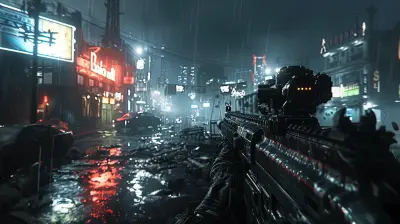
How to Optimize Your PC for the Best FPS Performance

Story-Driven Third-Person Shooters: Narrative Meets Combat

World Conquerors: Dominating the Strategy Game Scene

Weapon Variety and Selection in Sci-Fi FPS Games